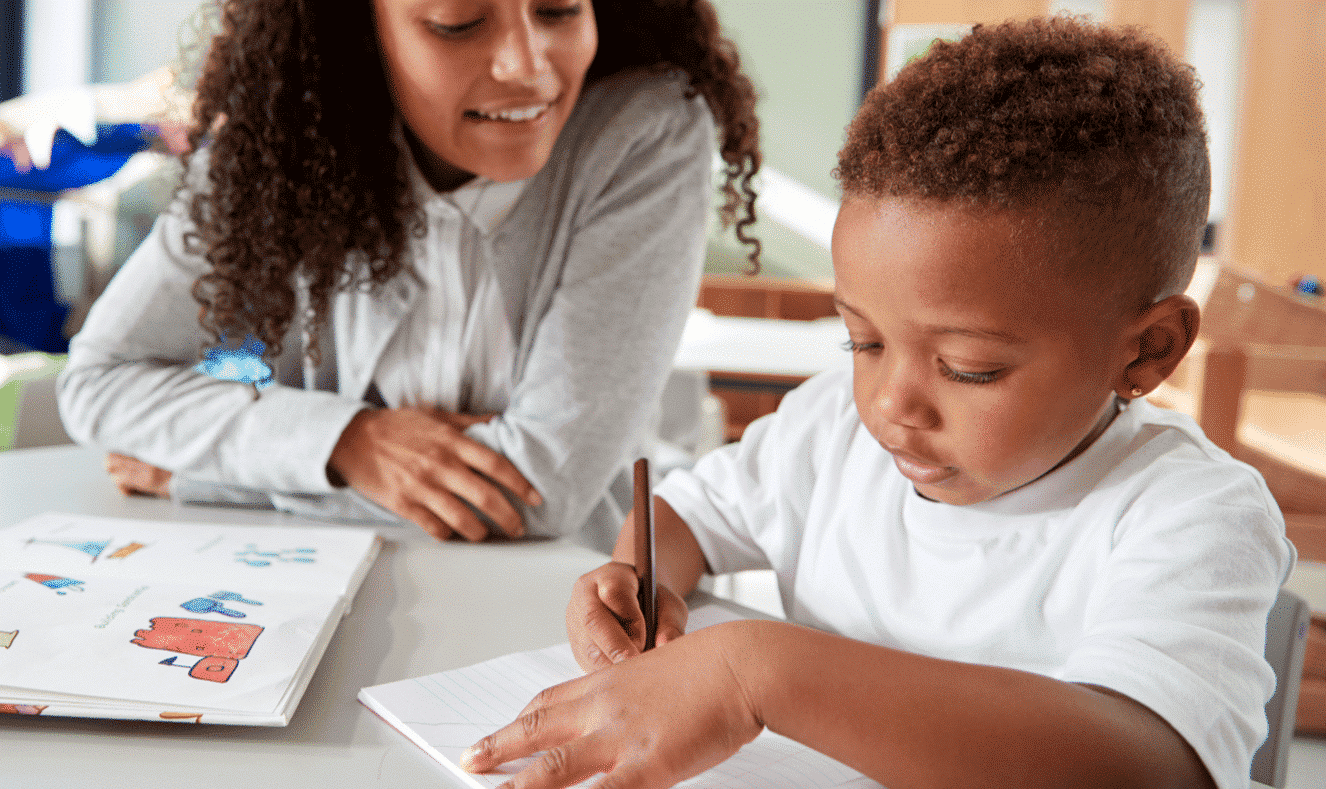Understanding Test Anxiety in Children
As an experienced human writer, I understand that test anxiety can be a significant challenge for many children. Test anxiety is a form of performance anxiety that can manifest in physical, emotional, and cognitive symptoms, making it difficult for children to perform to the best of their abilities during exams or assessments.
Test anxiety can stem from a variety of factors, including high parental or academic expectations, previous negative experiences with testing, a fear of failure, or a lack of confidence in one’s abilities. It’s important to recognize that test anxiety is a common experience, and with the right strategies, it can be effectively managed.
READ ALSO :
The Impact of Test Anxiety on Academic Performance
Test anxiety can have a profound impact on a child’s academic performance. When a child is experiencing test anxiety, they may struggle to focus, remember information, or think clearly during the test. This can lead to lower test scores, poor grades, and a diminished sense of self-confidence.
Furthermore, test anxiety can also affect a child’s overall well-being, leading to increased stress, anxiety, and even depression. It’s crucial to address test anxiety in children early on to prevent long-term negative consequences.
Signs and Symptoms of Test Anxiety in Children
Recognizing the signs and symptoms of test anxiety in children is the first step in addressing the issue. Some common signs include:
- Physical symptoms: Headaches, stomachaches, sweating, rapid heartbeat, or muscle tension.
- Emotional symptoms: Feelings of fear, worry, or panic, irritability, or a sense of dread.
- Cognitive symptoms: Difficulty concentrating, memory lapses, or negative self-talk.
- Behavioral symptoms: Avoidance of tests or assessments, fidgeting, or difficulty sleeping.
It’s important to note that not all children will experience the same symptoms, and the severity of the symptoms can vary. If you notice any of these signs in your child, it’s essential to address the issue and provide the necessary support.
Effective Techniques for Managing Test Anxiety in Children
Fortunately, there are several effective techniques that can help children manage their test anxiety. Here are some strategies to consider:
Deep Breathing Exercises
Deep breathing exercises can be a powerful tool for calming the mind and body during times of stress. Teach your child to take slow, deep breaths, inhaling through the nose and exhaling through the mouth. Encourage them to practice these exercises regularly, both during and outside of test situations.
Positive Self-Talk and Affirmations
Encouraging your child to engage in positive self-talk and affirmations can help boost their confidence and reduce negative thought patterns. Encourage them to repeat statements like “I can do this,” “I am prepared,” or “I am going to do my best.”
Mindfulness and Meditation
Incorporating mindfulness and meditation practices into your child’s routine can help them develop the ability to stay present and focused during tests. Teach them simple meditation techniques, such as body scans or guided imagery, to help them calm their mind and body.
Time Management and Study Skills
Helping your child develop effective time management and study skills can also be a valuable tool in managing test anxiety. Encourage them to create a study schedule, break down tasks into smaller, manageable steps, and use proven study techniques like flashcards or practice tests.
Seeking Support from Parents and Teachers
Encouraging your child to communicate their concerns with you and their teachers can also be helpful. Work together to create a supportive environment and develop a plan to address the anxiety.
Creating a Supportive Test Environment
Ensuring that your child has a comfortable and distraction-free environment during tests can also help reduce their anxiety. Work with the school to provide accommodations, such as a quiet testing location or extra time, if needed.
Building Resilience and Self-Confidence in Children
Ultimately, developing resilience and self-confidence in children can be one of the most effective ways to manage test anxiety. Encourage your child to celebrate their achievements, learn from their mistakes, and focus on their personal growth rather than just test scores.
Seeking Professional Help for Severe Test Anxiety
If your child’s test anxiety is severe and persists despite your efforts, it may be helpful to seek professional help. A counselor, therapist, or child psychologist can provide specialized support and guidance to help your child develop more effective coping strategies.
RELATED ARTICLE :
Conclusion
Managing test anxiety in children requires a multi-faceted approach that addresses the physical, emotional, and cognitive aspects of the issue. By incorporating a range of effective techniques, such as deep breathing exercises, positive self-talk, and mindfulness practices, you can help your child develop the skills and resilience they need to thrive in academic settings.
Remember, every child is unique, and what works for one may not work for another. Be patient, flexible, and willing to try different strategies until you find what works best for your child. With the right support and guidance, your child can overcome test anxiety and achieve their full potential.
If you’re a parent or caregiver struggling to help your child manage their test anxiety, I encourage you to reach out to a professional for personalized guidance and support. Together, we can help your child develop the tools and strategies they need to succeed academically and maintain a healthy, balanced approach to testing and assessment.






